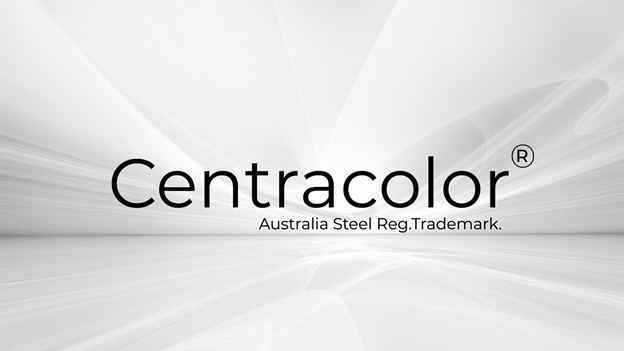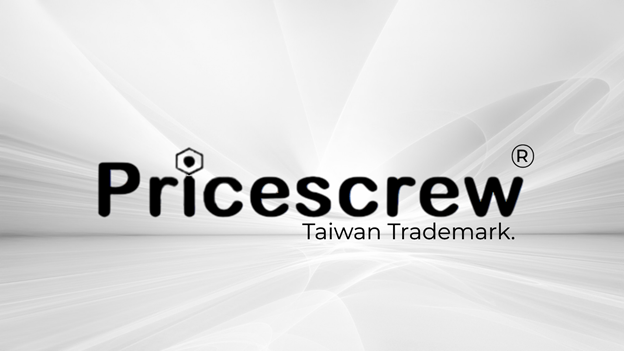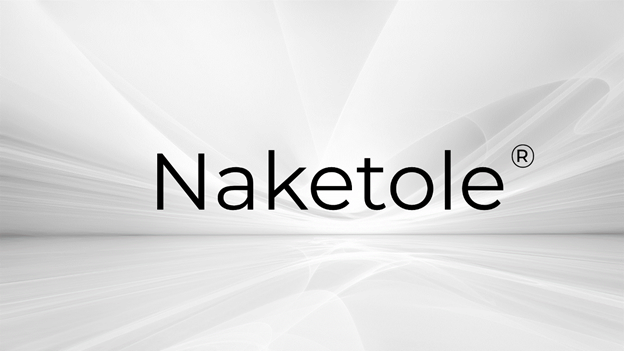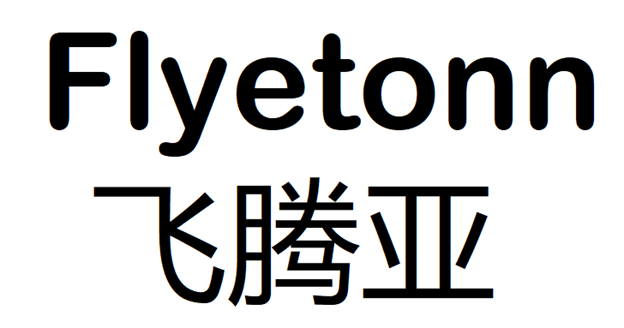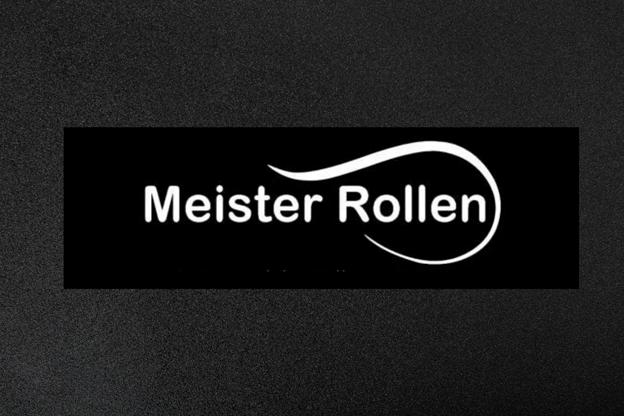Products
Round Steel Pipe


Round steel pipes are versatile and widely used in various industries for their durability, strength, and resistance to corrosion. They are commonly utilized in structural building applications, plumbing systems, oil and gas pipelines, transportation infrastructure, and more.
Sizes and Specifications of Round Steel Pipes:
Round steel pipes come in a variety of sizes and specifications to meet diverse application requirements. The diameter of round steel pipes can range from a few millimeters to several meters, while their wall thickness can vary from thin-walled tubes to heavy-duty pipes. Common size ranges include 0.5 inches to 12 inches in diameter, with wall thicknesses ranging from 0.065 inches to 0.5 inches.
The specifications of round steel pipes depend on the industry standards and project specifications. These may include factors such as material grade, dimensional tolerances, mechanical properties, and surface finish. Commonly used standards for round steel pipes include ASTM A53, ASTM A106, API 5L, and EN 10219.
Uses and Applications of Round Steel Pipes:
Round steel pipes find extensive applications across various industries due to their versatility and strength. Some of the prominent uses include:
Structural Building: Round steel pipes are widely used for building frameworks, columns, trusses, and supports. They provide excellent strength and structural integrity, making them ideal for high-rise buildings, bridges, and infrastructure projects.
Plumbing Systems: Round steel pipes are commonly used for water supply and drainage systems in residential and commercial buildings. Their corrosion-resistant properties ensure long-term durability and reliability.
Oil and Gas Industry: Round steel pipes transport oil, gas, and other fluids long distances. They are used for pipelines, well casing, and exploration equipment, with stringent strength and corrosion resistance requirements.
Automotive Industry: Round steel pipes find applications in the automotive sector for manufacturing exhaust systems, roll cages, chassis components, and other structural parts. Their strength and formability make them suitable for demanding automotive applications.
Manufacturing and Machinery: Round steel pipes are utilized in various manufacturing processes, such as the production of machinery, equipment, and industrial tools. They serve as structural components, conveyor systems, and for fluid transportation.
Market Demands and Industry Forecast:
The demand for round steel pipes is driven by multiple factors, including economic growth, infrastructure development, urbanization, and industrial expansion. Growing construction activities, particularly in emerging economies, contribute significantly to the market demand. The oil and gas industry’s continuous growth, automotive sector advancements, and increasing demand for water supply systems further propel the market.
As for the industry forecast, reliable data beyond my knowledge cutoff in September 2021 is unavailable. It is recommended to consult recent market reports, industry publications, and market research firms for the most up-to-date round steel pipe industry forecasts.
Discover Our Steel Supply & Management

Detailed Specification

Customization

Quality Management

Fast Delivery

Cost Effectiveness

After-Sales Follow Up
I. Understanding Different Types of Steel Coatings
To meet diverse project requirements, Steelsaidhem offers different types of steel coatings for their round steel pipes. These coatings include galvanized, pre-galvanized, hot-dipped galvanized, and black steel. Each coating has distinct properties that contribute to the pipes' overall performance and longevity.
Galvanized Coating:
Galvanized round steel pipes are coated with a layer of zinc, which provides exceptional corrosion resistance. This coating is achieved through a process called galvanization, where the pipes are immersed in a bath of molten zinc. Galvanized pipes are ideal for outdoor applications as they can withstand harsh environmental conditions.
Pre-Galvanized Coating:
Pre-galvanized round steel pipes undergo a similar galvanization process but with a thinner layer of zinc. These pipes are commonly used in indoor settings or non-corrosive environments and offer moderate corrosion resistance.
Hot-Dipped Galvanized Coating:
Hot-dipped galvanized round steel pipes are submerged in molten zinc, resulting in a thicker zinc layer than regular galvanized pipes. This coating provides enhanced protection against corrosion, making them suitable for demanding outdoor applications.
Black Steel:
Black steel pipes, also known as carbon steel pipes, are not coated with zinc. These pipes are widely used for structural purposes, such as in the construction of frames, scaffolding, and other load-bearing structures. Although black steel pipes are not corrosion-resistant, they are often preferred for their affordability and ease of welding.
II. Material Grade and Manufacturing Process of Round Steel Pipes
Steelsaidhem prides itself on supplying round steel pipes of superior material grade, ensuring optimal performance and durability. The material grade and manufacturing process contribute significantly to the quality and structural integrity of the pipes.
Material Grade:
Steelsaidhem sources its raw materials from reputable steel manufacturers, ensuring high-quality steel for its pipes. The material grade of the round steel pipes depends on the specific requirements of the project, such as strength, ductility, and corrosion resistance. Common material grades include ASTM A53, ASTM A106, API 5L, and DIN 1629, among others.
Manufacturing Process:
The production of round steel pipes involves several key steps to ensure precise dimensions, smooth surfaces, and structural integrity.
a. Tube Formation:
The process begins with flat steel sheets or strips that are formed into a tubular shape using various methods such as electric resistance welding (ERW), seamless rolling, or submerged arc welding (SAW). The chosen method depends on factors like the pipe diameter, wall thickness, and material grade.
b. Edge Preparation:
The edges of the formed tube are prepared to facilitate the subsequent welding or joining processes. This step involves trimming, beveling, or milling the edges to ensure proper alignment and optimal welding conditions.
c. Welding (if applicable):
For ERW or SAW pipes, the edges of the formed tube are welded together to create a continuous seam. Welding is performed using high-frequency electrical currents or submerged arc welding techniques, depending on the chosen method.
Welcome to get a quote for a round steel pipe with SteelSaidhem.



